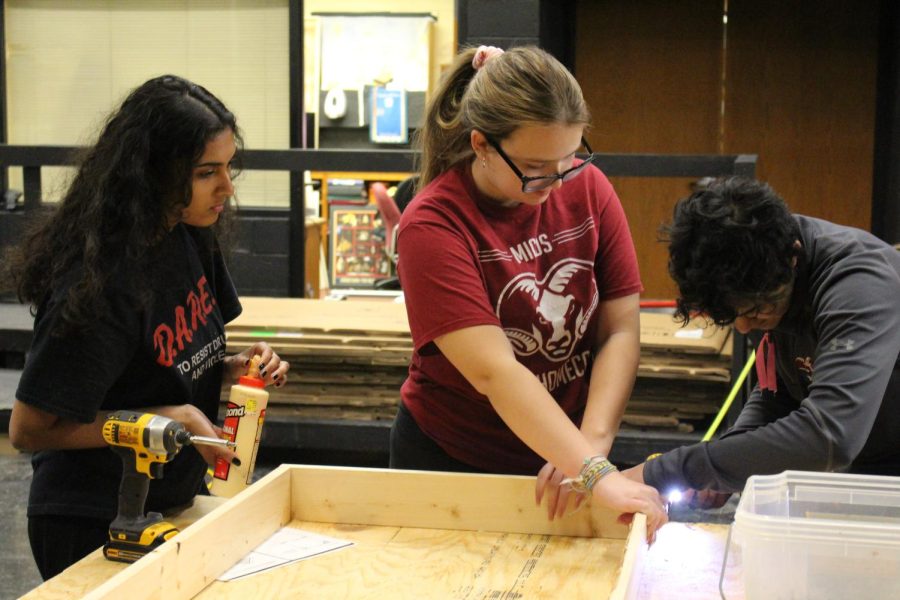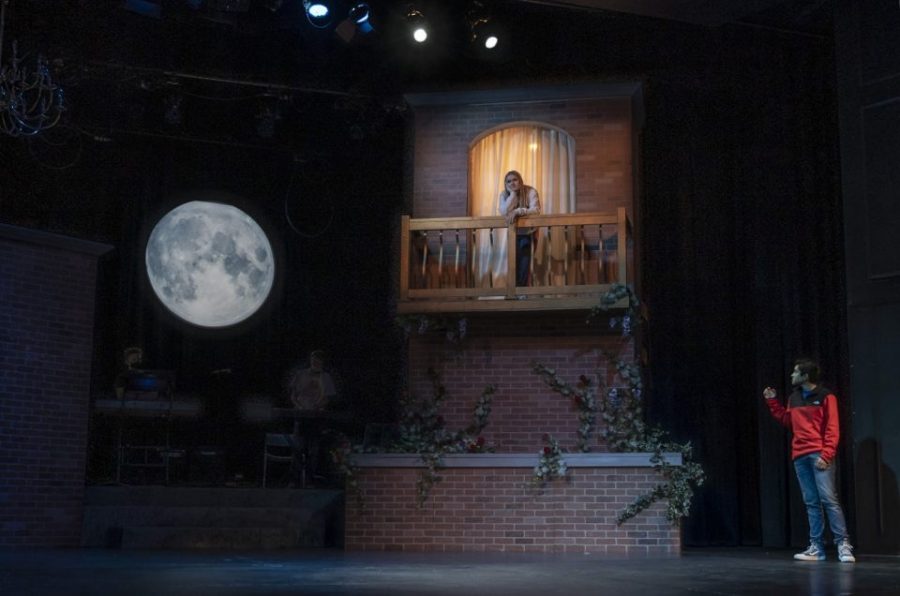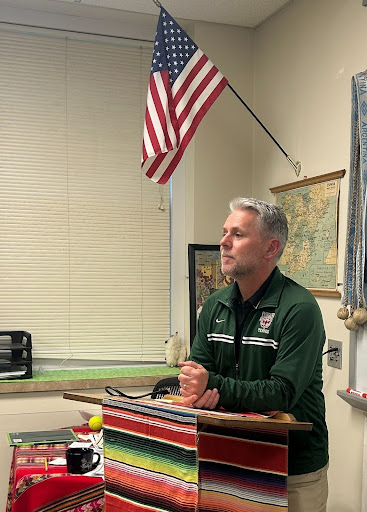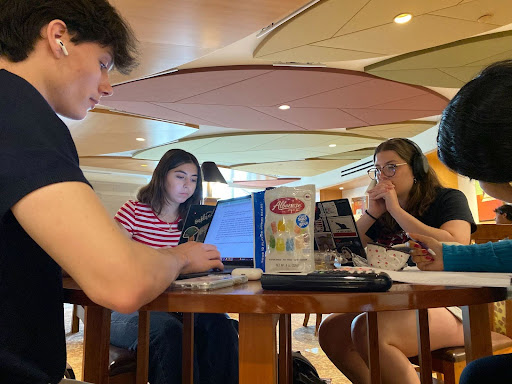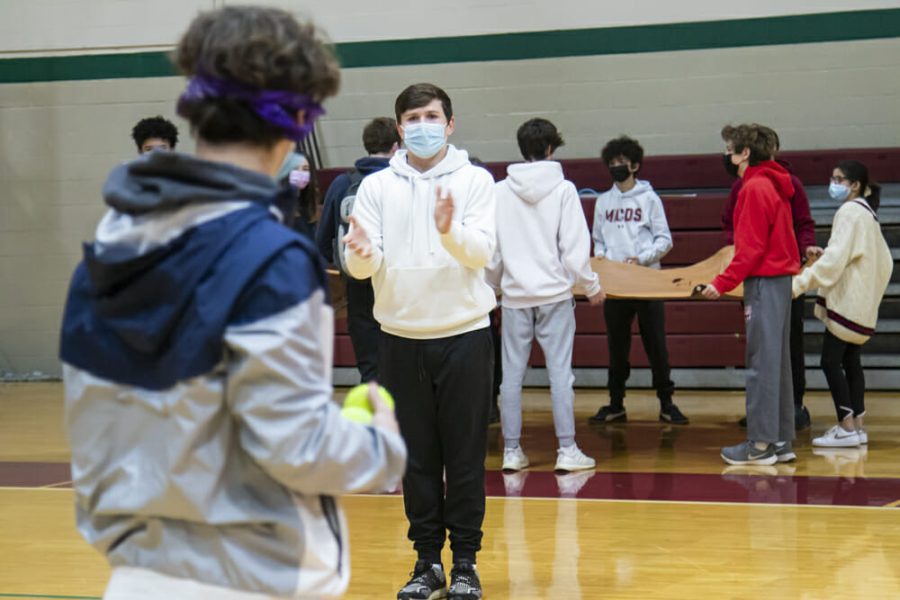Play by Play: The Historic Final Ballots in the House Speaker Vote
February 7, 2023
You saw the headlines about California Rep. Kevin McCarthy’s long campaign for the role of Speaker of the House; but what exactly happened during those historic final ballots? I watched C-SPAN so you don’t have to. Here’s what happened (and how I reacted to each move):
The vote for Speaker of the United States House of Representatives came to a close just after 12:30 am Eastern time on January 7th, 2023, after four days in session and 15 ballots.
In the 14th ballot, republicans nominated Rep. Kevin McCarthy, R-C.A., as they had in the previous 13 ballots. In a delayed vote, Rep. Matt Gaetz, R-F.L., united in a “present” vote with Rep. Lauren Boebert, R-C.O., lowering the necessary majority but still tipping the vote against Speaker McCarthy.
General commotion overtook the House chamber (and my living room), with Gaetz and Boebert at the center of it all. With tensions running high from the previous 14 votes, at one point Rep. Mike Rogers, R-A.L. appeared to lunge at Gaetz, and had to be physically restrained by Rep. Richard Hudson, R-N.C. (“I love politics,” I joked, munching on the popcorn my mom and I had just made.)
McCarthy exchanged words with Gaetz, which appeared not to settle anything. As a voice vote on a motion to adjourn did not reach any definite conclusion, Representatives voted by the more formal roll call on whether or not to adjourn the session, with primarily republicans voting “yea” to adjourn for the weekend to try and swing more votes, and primarily democrats voting “nay” to continue for another vote into the night.
While the rest of the House voted, McCarthy was seen approaching Gaetz with a friendly hand on the arm, talking to him, likely to try to strike a deal that could get McCarthy the votes he needed to win the speakership. The vote to adjourn appeared to close at a majority of “yea” votes, but before the clerk could gavel and lock in those votes, McCarthy rushed to the front of the floor to change his vote from a “yea” to a “nay.” Many of his allies followed, meaning that another vote would be held before Congress adjourned. This raised questions for both the reporters and representatives on the floor at the time. Did this mean McCarthy had managed to swing Gaetz’s vote? (I knew it was going to be a late night, but this was turning into a season finale of “The West Wing”, and I just couldn’t look away. The popcorn had long been finished, and we had moved on to M&M’s).
Rep. Dean Phillips, D-M.N., nominated Minority Leader Hakeem Jeffries, D-N.Y., to run against McCarthy for the speakership for the 15th time. Rep. Andy Biggs, R-A.Z., was the first to flip from his 14th ballot vote of Rep. Jim Jordan, R-O.H., to “present.” This means that he was acknowledged but discounted, which brought the necessary majority down from 218 votes to 217. In previous ballots, McCarthy had received 216 votes, which meant he now needed only one vote to flip in his favor or two votes to flip to “present.”
Boebert once again voted “present,” and Rep. Eli Crane, R-A.Z., also voted “present,” which, assuming nobody who had previously voted for McCarthy changed their vote, would be the deciding vote. As it turned out, none of McCarthy’s supporters switched their vote, and the remaining republican holdouts, Gaetz, Rep. Bob Good, R-V.A., and Rep. Matt Rosendale, R-M.T., all voted “present,” finally making Kevin McCarthy the Speaker of the 118th House of Representatives. (You could practically hear the sighs of relief from the Congresspeople…or maybe that was just me, finally able to go to bed after a week of suspense from the Capitol).






